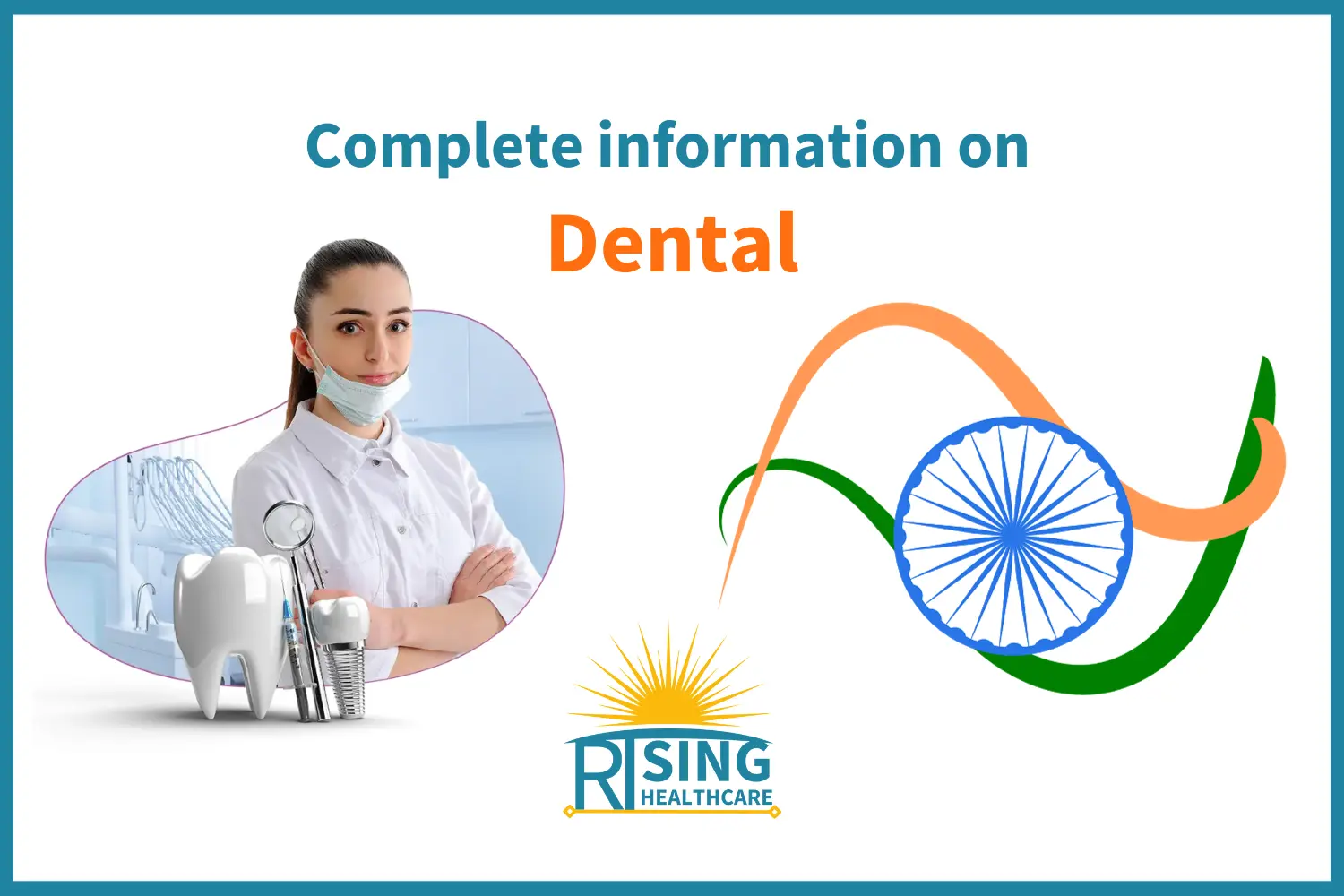
A Simple Guide to Dental Health: Teeth, Dental Implants, and Pediatric Dentists
Introduction
Dental health is an essential part of our overall well-being, yet it often gets overlooked. Your teeth play a crucial role in not only helping you chew your favorite foods but also in your appearance and speech. In this comprehensive guide, we will explore three important aspects of dental health: teeth, dental implants, and pediatric dentists. We’ll discuss what each of these means, their significance, and how you can maintain a healthy smile for a lifetime.
Contents
All About Teeth
Teeth are the unsung heroes of our daily lives. They help us bite into a juicy apple, flash a confident smile, and speak clearly. Understanding teeth is the first step in maintaining good oral health.
1.1 What Are Teeth?
Teeth are hard, mineralized structures found in the mouths of humans and many animals. They are composed of different layers, including enamel, dentin, and pulp. Enamel is the outermost layer and is the hardest substance in the human body.
1.2 Types of Teeth
Humans have four main types of teeth, each with its unique shape and function:
- Incisors: These are the sharp, front teeth used for cutting food.
- Canines: Canines are pointed teeth used for tearing food.
- Premolars: These have flat surfaces and help crush and grind food.
- Molars: Molars are the large, flat teeth at the back of the mouth, used for grinding and chewing.
1.3 The Importance of Healthy Teeth
Healthy teeth are essential for several reasons:
- Chewing: Teeth are designed to break down food into smaller pieces, making it easier for digestion.
- Speech: Properly aligned teeth play a crucial role in clear speech.
- Appearance: A healthy smile boosts self-confidence and is often seen as attractive.
1.4 How to Care for Your Teeth
Taking care of your teeth is relatively simple:
- Brush at least twice a day with fluoride toothpaste.
- Floss daily to remove food particles between your teeth.
- Visit your dentist regularly for check-ups and cleanings.
- Limit sugary foods and drinks, as they can lead to tooth decay.
Dental Implants
Dental implants are a revolutionary solution for missing teeth. They provide a natural-looking and long-lasting option to restore your smile.
2.1 What Are Dental Implants?
Dental implants are artificial tooth roots made of titanium that are surgically placed into the jawbone. They serve as a sturdy foundation for replacement teeth, such as crowns or bridges.
2.2 Why Choose Dental Implants?
There are several reasons why dental implants are a popular choice for tooth replacement:
- Durability: Dental implants can last a lifetime with proper care.
- Natural Appearance: Implants look and feel like real teeth.
- Improved Chewing and Speech: They restore full chewing function and help with speech.
- Prevent Bone Loss: Implants stimulate the jawbone, preventing bone loss.
2.3 The Dental Implant Process
Getting dental implants involves several steps:
- Consultation: Your dentist evaluates your oral health and discusses your options.
- Surgery: The implant is surgically placed into your jawbone.
- Healing: It takes a few months for the implant to fuse with the bone.
- Abutment Placement: An abutment is attached to the implant, which connects to the replacement tooth.
- Crown Placement: A custom-made crown is attached to the abutment.
2.4 Aftercare for Dental Implants
Caring for dental implants is similar to caring for natural teeth:
- Brush and floss regularly.
- Attend follow-up appointments with your dentist.
- Avoid excessive force when biting hard objects.
- Don’t forget routine dental check-ups.
Section 3: The Role of Pediatric Dentists
Children have unique dental needs, and that’s where pediatric dentists come in. They specialize in providing dental care to kids from infancy through adolescence.
3.1 Who Are Pediatric Dentists?
Pediatric dentists, also known as pedodontists, are dental professionals who specialize in children’s oral health. They receive additional training to address the specific needs and concerns of young patients.
3.2 The Importance of Pediatric Dentistry
Pediatric dentists play a crucial role in ensuring that children develop healthy oral habits and maintain good dental health as they grow. Here are some reasons why they are important:
- Early Intervention: Pediatric dentists can identify and address dental issues in their early stages, preventing more significant problems later on.
- Child-Friendly Environment: Pediatric dental offices are designed to create a comfortable and reassuring atmosphere for children.
- Education: They educate both children and parents about proper oral hygiene and nutrition.
3.3 What to Expect at a Pediatric Dentist’s Office
Visiting a pediatric dentist is often a positive experience for children. Here’s what you can expect:
- Child-Centered Care: Pediatric dentists are trained to communicate with children effectively and make them feel at ease.
- Preventive Care: Regular check-ups, cleanings, and fluoride treatments help prevent dental problems.
- Guidance: Parents receive guidance on how to care for their child’s oral health at home.
Conclusion
In conclusion, dental health is a vital aspect of our overall well-being, and it’s important to understand the basics of teeth, the benefits of dental implants, and the role of pediatric dentists.
Remember, maintaining healthy teeth starts with a daily oral hygiene routine that includes brushing, flossing, and regular dental check-ups. If you’re facing tooth loss, dental implants can provide a long-lasting and natural-looking solution. And for the little ones in your life, pediatric dentists are there to ensure their smiles grow up strong and healthy.
By taking care of our teeth and seeking professional dental care when needed, we can enjoy a lifetime of smiles and good oral health.

